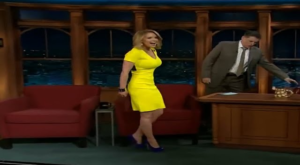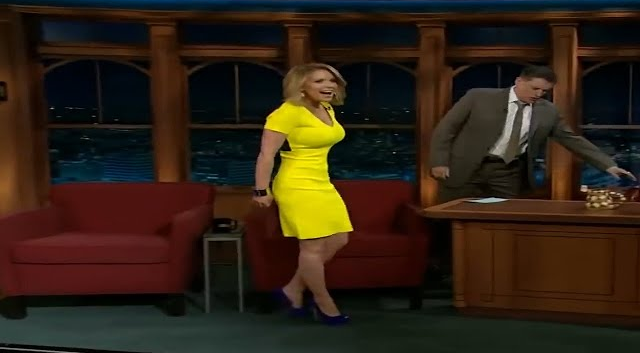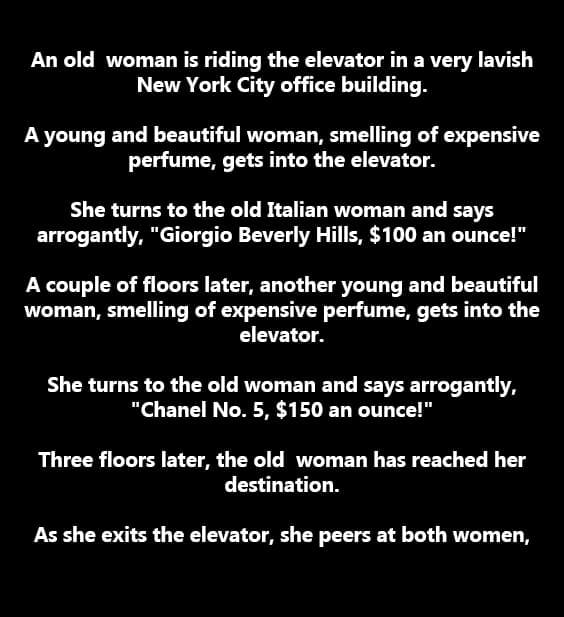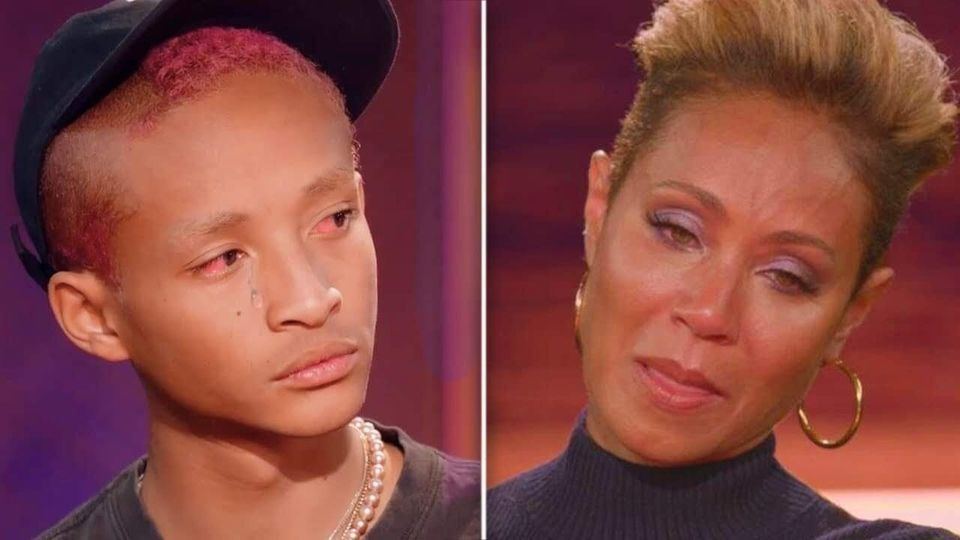Television Moments That Could Have Been Edited Out
Television has brought us countless memorable moments, from heartwarming scenes to uproarious laughter. However, not every moment that graces our screens is met with applause and admiration. In fact, there have been instances where certain TV segments have sparked controversy, leaving viewers questioning their appropriateness and impact.
Let’s explore some of these contentious TV moments:
Ellen DeGeneres’ Puppy Episode: Ellen’s decision to come out as gay on her sitcom was groundbreaking but faced backlash from conservative groups and advertisers. Some argued that the episode should have been censored or avoided altogether, fearing it would offend viewers.
Jay Leno’s Tonight Show Ratings Disaster: Jay Leno’s return to “The Tonight Show” in 2010 resulted in a significant drop in ratings and public outcry against NBC’s late-night lineup handling. Many felt Leno’s comeback should have been reconsidered or handled differently to prevent negative fallout.

David Letterman’s Scandal: David Letterman found himself at the center of controversy when details of his extramarital affairs were exposed. The scandal tarnished his reputation and led to widespread criticism of his behavior, raising questions about airing such personal matters publicly.
Oprah’s “You Get a Car” Promo: Oprah Winfrey’s giveaway of cars to her studio audience led to unforeseen consequences, with some recipients facing financial hardships due to associated expenses. This prompted discussions about the responsibilities of TV hosts in such situations.
Jimmy Kimmel’s Mean Tweets Segment: Jimmy Kimmel’s “Mean Tweets” segment, while intended for comedic effect, faced criticism for perpetuating cyberbullying and negativity. Some argue that showcasing hurtful comments on national television only amplifies their impact and sets a harmful precedent.
Ellen DeGeneres’ Oscar Selfie: Ellen’s star-studded selfie at the Oscars garnered widespread attention but drew criticism for its commercial nature, potentially overshadowing the event itself.
James Corden’s Carpool Karaoke: James Corden’s “Carpool Karaoke” segment, while immensely popular, faced scrutiny for safety risks and distractions caused by filming while driving. Critics argue that prioritizing entertainment over safety sends the wrong message to viewers.
These TV moments raise important questions about entertainment boundaries, host responsibility, and audience impact. While some may advocate for censorship or avoidance of controversial topics, others believe in television’s power to spark discussions and provoke change. As viewers, it’s crucial to critically evaluate the content we consume and consider its broader societal implications.
NO COPYRIGHT INTENDED (ALL RIGHTS RESERVED TO THE AUTHOR OF THE VIDEO) [Youtube/Viral Nater]




